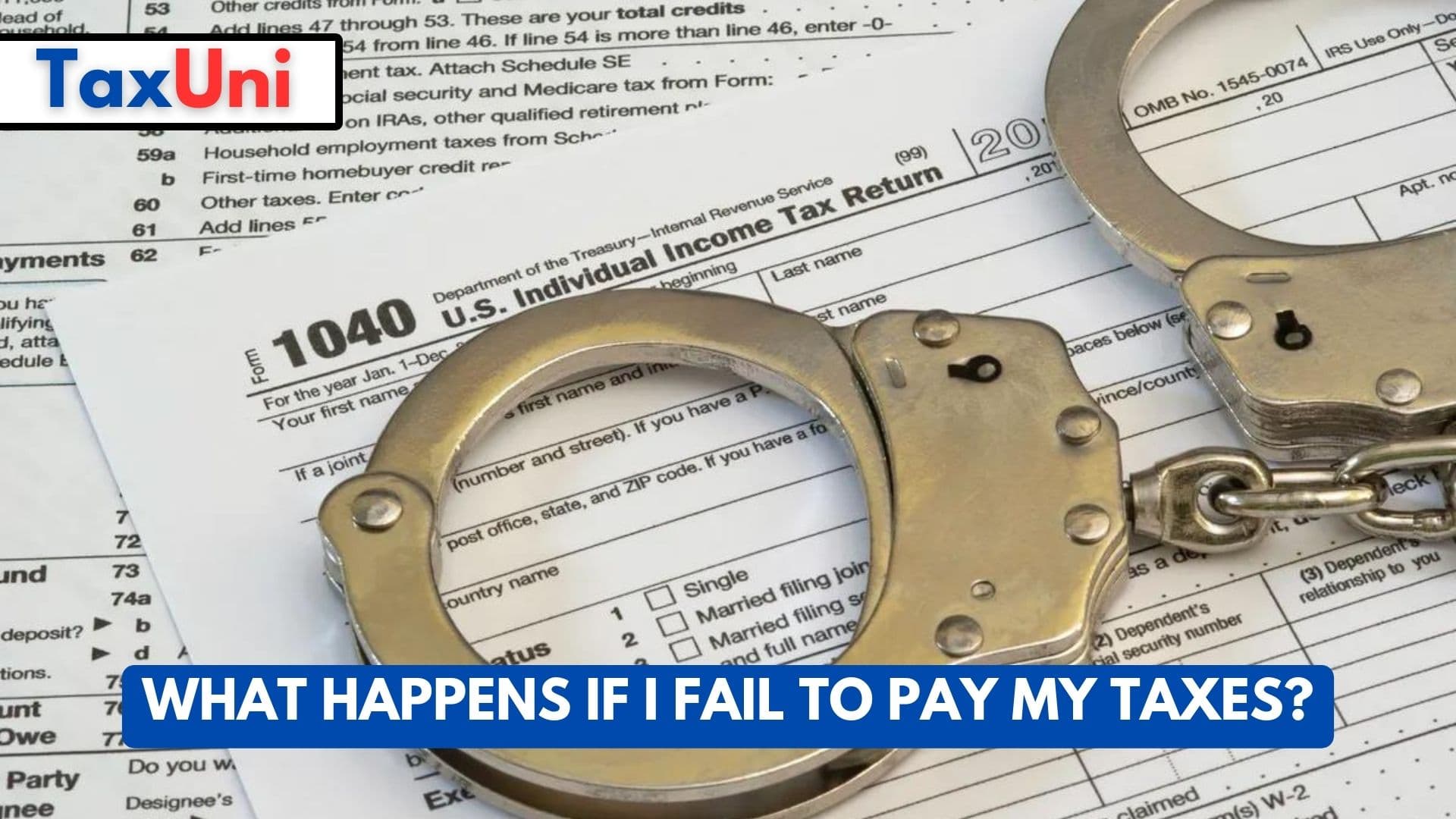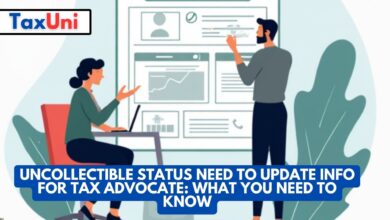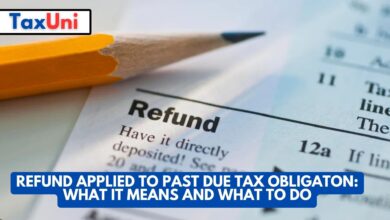What Happens If I Fail to Pay My Taxes?
The IRS is more interested in collecting what you owe than punishing you. Here is how it works: If you fail to pay your taxes, you should be ready for IRS penalties.

If you owe taxes and fail to pay them, the IRS will try to collect them. It will levy penalties and interest on unpaid amounts. In extreme cases, it may even arrest you. However, most situations involving a lack of money to pay taxes are not criminal. The best way to avoid this is by paying your taxes throughout the year, either through payroll deductions (employees) or quarterly estimated tax payments (self-employed individuals). However, sometimes people’s life circumstances change, and they owe more than they can afford. In this case, the first thing to do is file your return and pay what you can. Then work with the IRS, possibly with the help of a tax professional, to formulate a plan to pay the rest over time. You can use electronic payment options like the IRS Direct Pay program or by calling or using a credit card to make your tax payments.
It is also possible to get your penalty waived if you can prove that you are in financial hardship. The IRS can then place you in a non-collectible status, meaning they won’t ask you to pay until your circumstances improve. They can also consider an offer in compromise, which is a settlement of the amount you owe for less than the full amount. You can’t go to jail for failing to pay your taxes, but it is a crime to fraudulently file or fail to file a tax return.

How “Failure to Pay Penalty” Works?
The IRS can be ruthless when it comes to penalties. If you file your taxes late, the IRS may mail you a penalty notice. The penalty is based on how much you owe in taxes and how long it has been since you filed. In some cases, the IRS may decide to file a substitute for return (SFR) on your behalf. This will claim you owe more than you actually do, as the IRS won’t consider your deductions or credits.
If you do owe money in back taxes, the IRS will also charge you a failure to pay the penalty. This penalty is 0.5% of the unpaid taxes for each month or part of a month that the tax remains unpaid, and it can’t be more than 25% of the total amount of taxes you owe. If you fail to file and pay on time, the IRS will also levy other collection tools against you, including a lien or bank account levy.
Aside from penalties, the IRS also charges interest on the unpaid tax balance. This interest is calculated using a federal short-term rate plus an additional 3%. It begins on the date the tax was due – typically April 18 for the most recent tax year.
Taxpayers who are facing substantial amounts in back taxes, especially those who are self-employed or don’t have money withheld from their paychecks, should seek out a tax professional immediately. A good tax professional can help them find the best way to handle their situation and help them avoid further complications.
In addition to filing their returns, taxpayers should get copies of all tax forms they receive from employers and other sources. This information is vital for calculating how much you owe in taxes, and the IRS can access this information even if taxpayers haven’t filed their tax returns.
If you have not filed your taxes, the first thing you should do is call the IRS. The agency is more interested in collecting what you owe than penalizing you, and they can offer you an installment plan that lets you pay what you owe over time. This will not eliminate the failure-to-file penalty or interest, but it will be less severe than a tax lien or levy.





